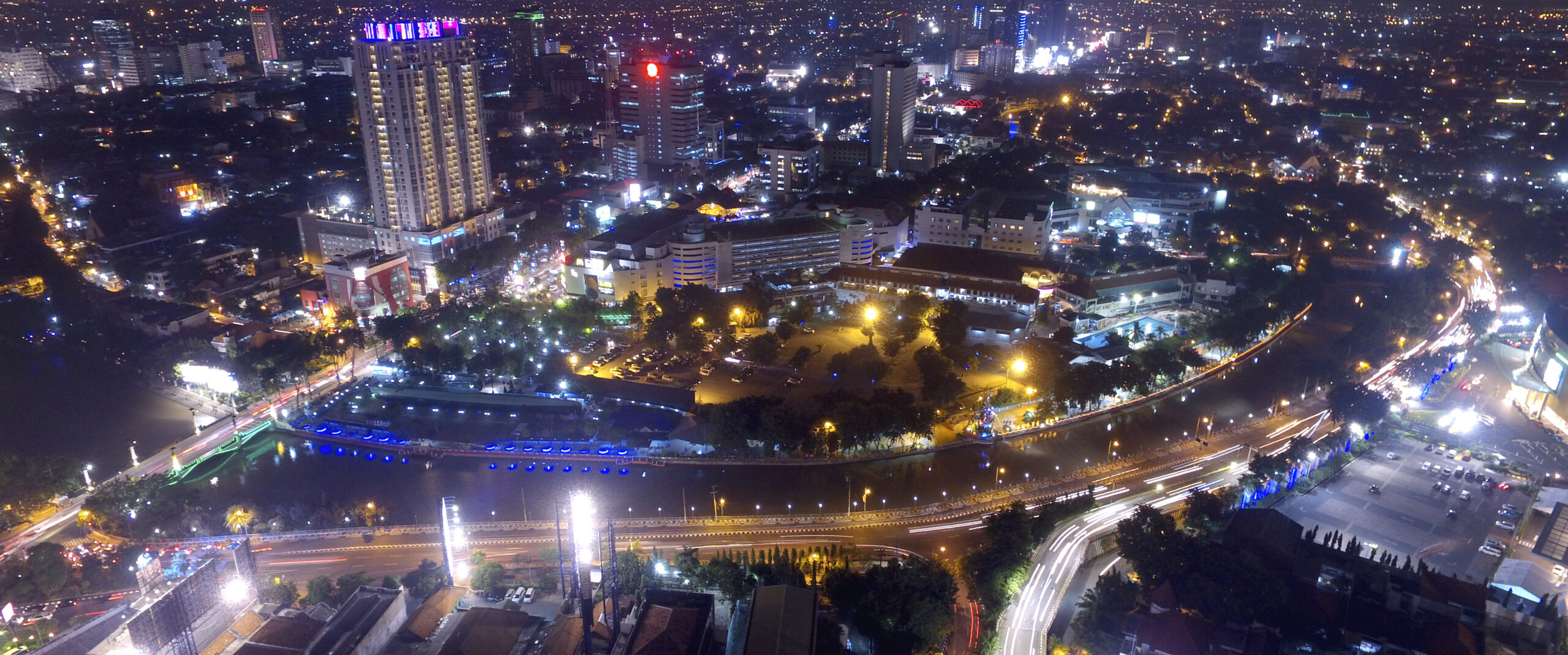
World Cities Day 2020 is the seventh global celebration since the day was launched on 31 October 2014 in Shanghai, China. Under overarching theme of Better City, Better Life, the aim of the day is to focus the international community’s attention on urbanisation as a central issue for development and to encourage cooperation among countries in meeting opportunities and addressing urban challenges towards sustainable development.
Each year a different sub-theme is selected, to either promote successes of urbanization, or address specific challenges resulting from urbanization. The sub-theme for this year is Valuing our communities and cities, and the Global Observance will be hosted in Nakuru, Kenya.
World Cities Day seeks to promote global interest in urbanization and engender international cooperation to address the challenges of urbanization, thereby contributing to sustainable urban development.
Key Messages
The impact of COVID-19 has re-shaped urban life around the world. Local communities have played a key role in contributing to keeping people safe and maintaining some economic activities.
Community value encompasses local volunteering and people organizing in their own neighbourhoods as well as social movements that challenge poverty, systemic discrimination, and racism. In informal settlements and slums, in particular, communities are making a significant contribution while individual households in urban areas are providing an enabling environment for work and study in the home.
UN-Habitat’s latest World Cities Report reinforces the benefits of cities that engage all stakeholders, including local communities to foster sustainable cities. The Secretary-General has identified cities and communities as being on the frontline of the COVID-19 response. Collectively, we can truly foster sustainable cities for all.
Community activities can no longer be taken for granted or under-resourced. Policymakers and urban managers
need to engage communities systematically and strategically in urban planning, implementation, and monitoring to
co-create the cities of the future.
The recognition of communities’ value must be maintained beyond the virus outbreak. In the transition to a new sustainable urban normality, local communities must play an expanded role in supporting government stimulus packages for employment creation, delivery of essential services, ensuring a green-economic transformation, the provision of adequate shelter and public space, and reestablishment of local value chains.
Social Value
COVID-19 has shown the value of local communities in building urban resilience, including neighbourhood volunteer groups, local associations of youth, women, faith-based groups and slum dwellers, teachers and students who volunteer, share information and support vulnerable individuals and groups.
Cultural diversity contributes to the social value of urbanization through increased tolerance and understanding. This encourages inclusivity and participation which fosters social cohesion, builds community social values, fights racism and improves safety. Culture can also make an important contribution to poverty reduction, resilience and economic development.
Community engagement must become an integral part of urban planning processes and the development, design and implementation of new ideas through policy change. The outcomes of such engagement are more sustainable and representative.
Local communities are also best placed for collecting neighbourhood level data as they have the networks and understand the changing socio-economic conditions and should be engaged when deploying responses and in recovery and resilience planning.
Programme of the Global Observance Hosted by Nakuru, Kenya
During the morning of 31 October the virtual high-level opening ceremony will take place and in the afternoon, starting from 12:45 pm (East Africa Time, GMT+3) the four Roundtables with influential global speakers will take place.
Programme
The details of the Roundtables are below:
Roundtable 1 | Roundtable 2 | Roundtable 3 | Roundtable 4
Concept Notes:
English | Arabic | Chinese | French | Russian | Spanish
Key Messages:
English | Arabic | Chinese | French | Russian | Spanish
For more information, please visit:
https://urbanoctober.unhabitat.org/wcd
https://www.un.org/en/observances/cities-day
Source: UN-Habitat
 Welcome to the United Nations
Welcome to the United Nations